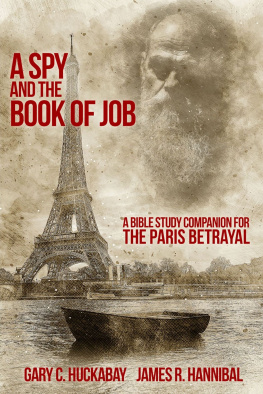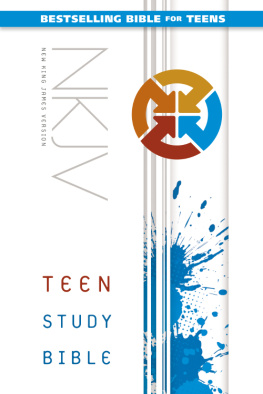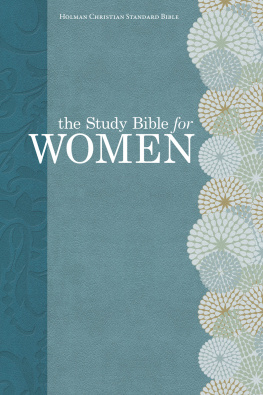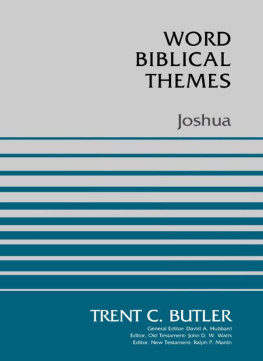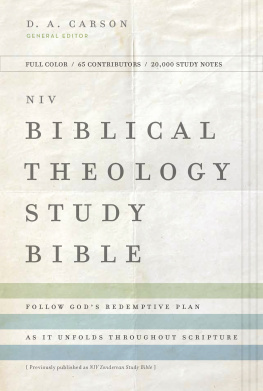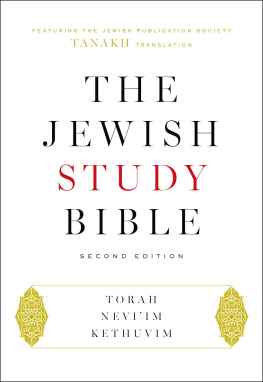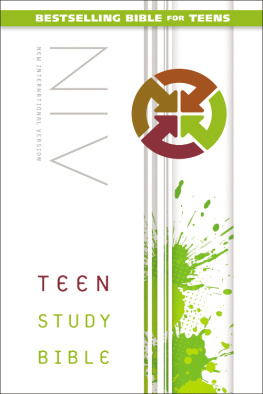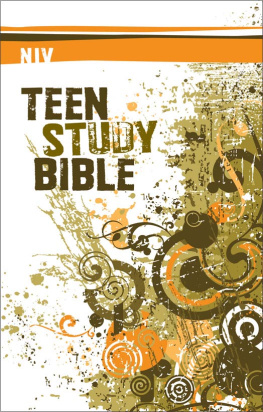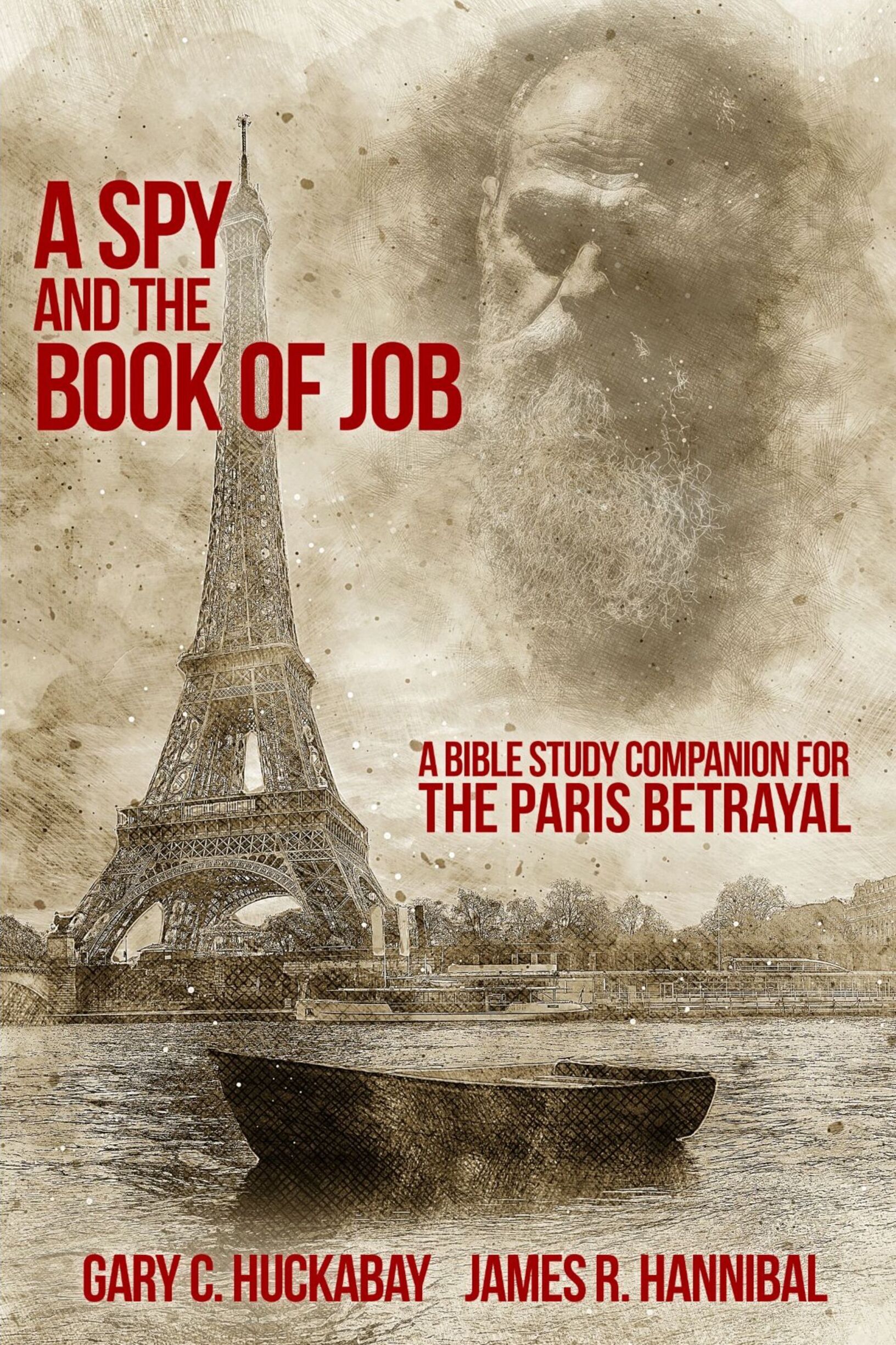May the name of the Lord be blessed.
Will the gates of Uzprevailagainst us?
Two tales, two men,one story
W hat do Paris and the ancient city of Uz (pronounced oots) have in common? What possible connections could there be between the fictional, modern-day character of Ben Calix, the ancient biblical person of Job, and YOU? More than you may think. Welcome to a novel (pun intended) approach to exploring real life biblical questions by comparing a fictional story, The Paris Betrayal (sometimes TPB), with the biblical saga of Job.
This is a Bible study, but we assume you have read The Paris Betrayal. So if you havent, order yourself a copy and enjoy the perils of Ben Calix, a modern day Bond/Bourne spy who experiences the trials and emotional tribulations reminiscent of the patriarchal figure known as Job. Reading the entire book of Job is not a requirement. We have provided few aids in the appendices to help you navigate the seemingly endless speeches of Job and his friends and to help you with the study questions. The study is divided into "themes" with a Part I (the lighter version) and Part II (the deeper version). Part II of each theme contains a short commentary.
In The Paris Betrayal, Company agent Ben Calix returns to Paris after a rough mission in Rome involving the discovery of a potentially devastating bioweapon. His perfectly ordered world has collapsed. Attacked! Ambushed! A French SWAT team is after him. Suddenly Calix is severed from his lifelines, lifes mission, and his persona, which is now cast with a non-grata class of traitors and pariahs. Was Job so different?
In the midst of celebrating life and family, Job is attacked by Sabeans! Ambushed by Chaldeans! He is crushed by the loss of his children and feeling alienated from God to the point of ripping his clothes to shreds. He declares his very birth a mistake. Will the adversaries of both stories prevail in breaking Job or Bens spirit and loyalty? What about their faith?
Despite centuries of history separating their cultural contexts, both heroes cause the reader to consider issues of innocence, suffering, faith and loyalty, justice and injustice, friendship, mans and Gods sovereignty, vindication, death and resurrection, and wisdom. In this study you can pursue these topics in a brief format with a lighter touch (Part I of each theme) or immerse yourself in the depths of Jobs dialogue with his compatriots, Elihu, and God (Part II of each theme). You also have the choice to engage each topic as a single occurrence or to treat the discussions as part of an ongoing Bible study series. This can be done as an individual devotion or as a group study. For those going deeper into Job with Part II of each theme, this guide will encourage you to read pieces of the shorter Part I study first, so you dont miss some of the fruit (and nuts) of the lighter side.
The shorter study of each theme (Part I), is intended for book clubs or social groups, thus the title A Book, the Bible, and a Bit of Banter. The idea is to discuss the story of the book in relation to Job as if the group were a gathering of Christian pundits or maybe bloggers creating a review. In fact, we encourage individuals or groups to discuss and capture their ideas and answers in blog style and publish them on social media or a website.
The more in-depth version of each theme (Part II), challenges individuals and groups to use this material in a Bible study design over 12 weeks. We call Part II Going Behind the Gates of Uz. In ancient times, the elders of a town would sit near the gates and discuss the important events of the day. Now its your turn. Part II invites you to reflect on the deeper aspects of The Paris Betrayal and the story of Job. Each section explores a different theme. By interjecting a modern-day thriller into the study of Job, we hope to foster new and creative perspectives. The contemporary story also encourages readers to explore a variety of lifestyle applications.
T he Paris Betrayal is a tapestry of events, presuppositions, questions, and emotions with threads from the book of Job. James R. Hannibal wrote the book with the intent of entertaining his readers while challenging them to dig a little deeper into Jobs spiritual dialogue and the narratives of their own lives.
This guide offers twelve studies based on twelve themes found in the book of Job, which the author was inspired to weave into TPB. We treat each theme separately, and each may be studied in any order by an individual or group/leaderyour choice. Keep in mind, the themes complement one another, so doing them in order provides the best experience. Individuals will have no difficulty using the studies as devotionals, but we designed this companion with groups in mind.

